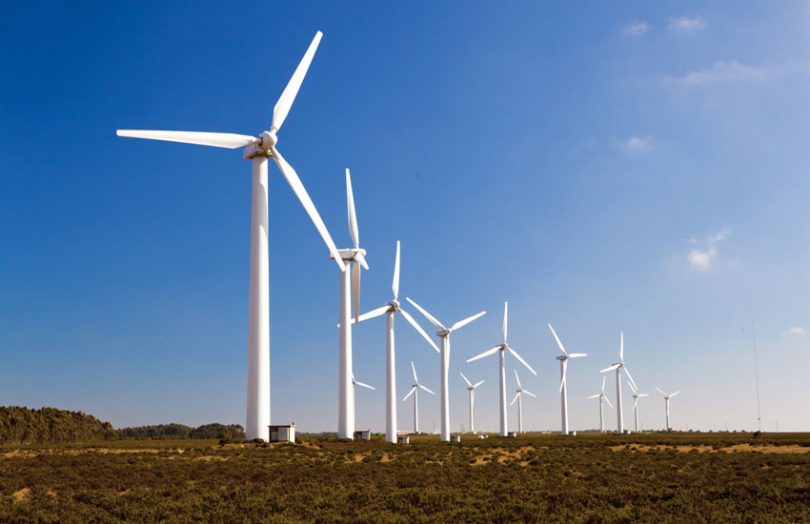Yesterday, Spanish renewables firm ACCIONA announced an agreement with start-up Climate Blockchain Initiatives to use its ClimateTrade platform. ClimateTrade uses blockchain for transacting carbon credits between parties transparently and securely.
ACCIONA produces about 22 Terawatt-hours (TWh) of emission-free electricity annually and has a presence in over 20 countries. Under the agreement, the company will provide ClimateTrade with Certified Emission Reduction (CER) certificates generated by its plants in emerging countries such as Mexico, Chile, and Costa Rica.
CER is a certificate issued by the United Nations Clean Development Mechanism (CDM) to member nations for preventing one tonne of carbon dioxide emissions. Currently, the sale of CER’s takes about two months under the Kyoto Protocol, while ClimateTrade achieved this within 48 hours.
“By committing to the ClimateTrade project, we align ourselves with a triple strategic objective for ACCIONA: the fight against climate change, innovative digitization as a lever for bringing about the energy transition, and social responsibility towards the communities where we develop our projects,” said Mikel Ortiz de Latierro, Director of Prevention, Sustainability, Environment and Quality of ACCIONA’s Energy Division.
Carbon credit markets enable organizations, companies, and individuals to sell or purchase rights to emit greenhouse gases. It is a carbon offsetting mechanism, in some ways similar to Renewable Energy Certificates (RECs), except RECs are for generating clean energy.
“ClimateTrade will greatly facilitate commercial transactions between generators and purchasers of carbon rights, opening up a very interesting business and innovative perspective for ACCIONA within the framework of the transition to a decarbonized economy, which is complementary to our main activity of supplying renewable energy,” said Santiago Gómez Ramos, ACCIONA’s Energy Management Director.
Carbon credit trading is just one aspect of the ClimateTrade platform. It also offers impact investing and funding for projects working for achieving the UN’s Sustainable Development Goals. The company has active projects in Latin America and Africa, which are integrating local communities for socio-economic development in a sustainable manner.
Meanwhile, ACCIONA has an existing blockchain renewables project called GREENCHAIN in collaboration with start-up FlexiDAO, which uses Energy Web Foundation’s blockchain. The two are working on renewable energy traceability.
Two other Spanish firms, electric utility Iberdola and department store chain El Corte Inglés, are leveraging blockchain for tracking renewables.






